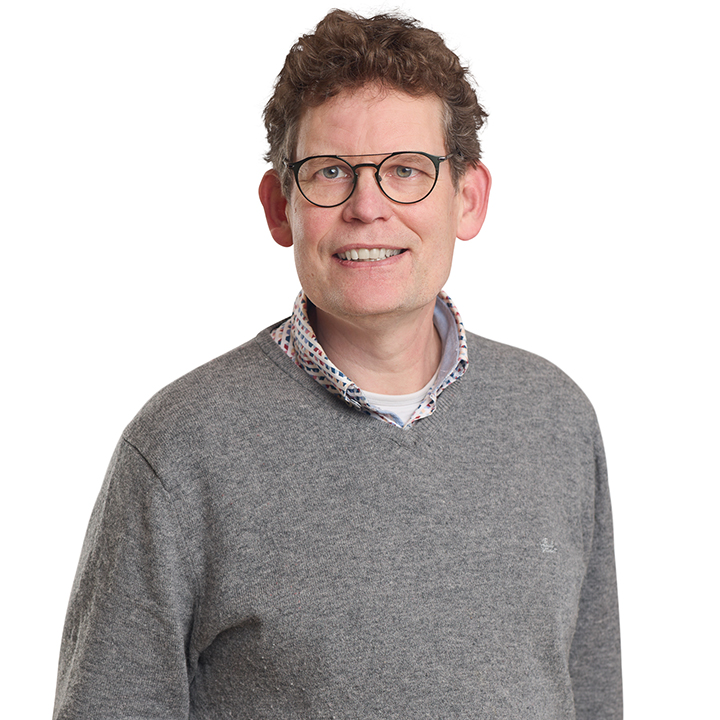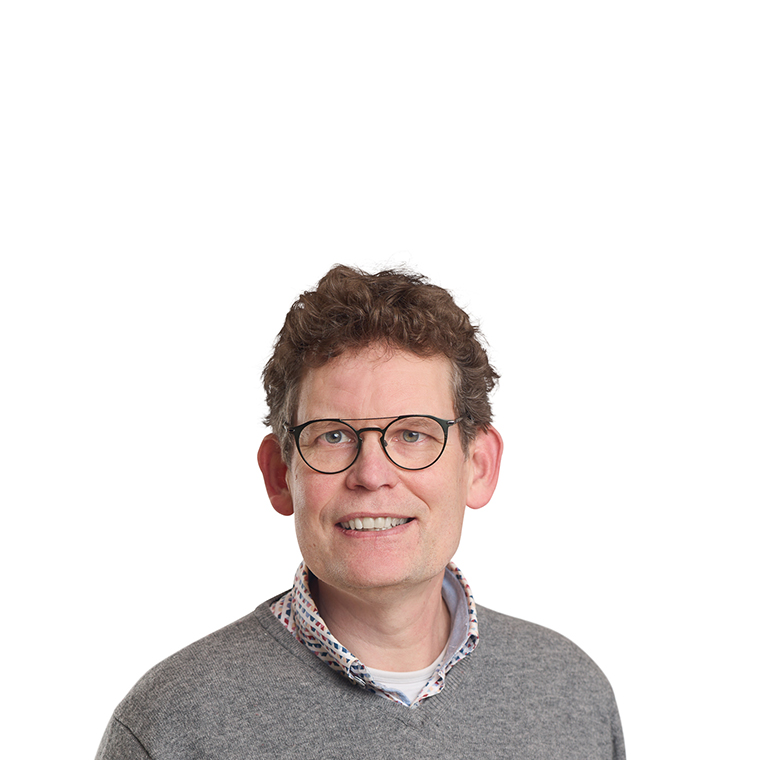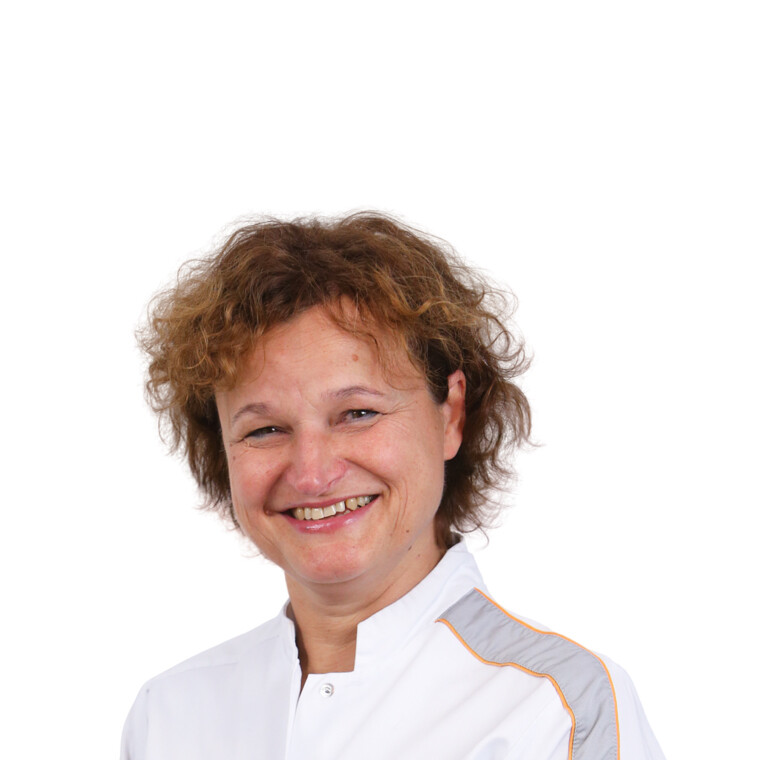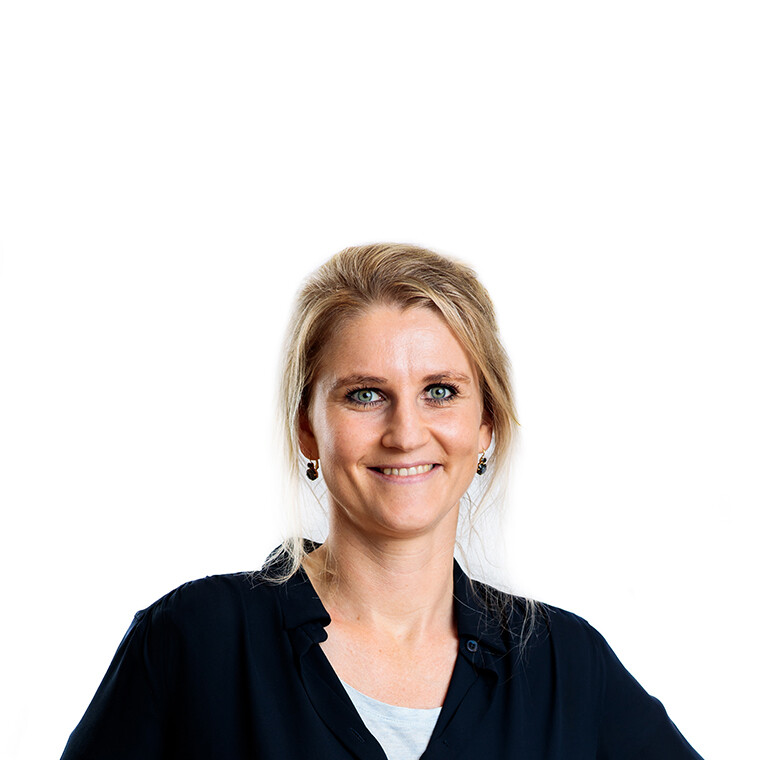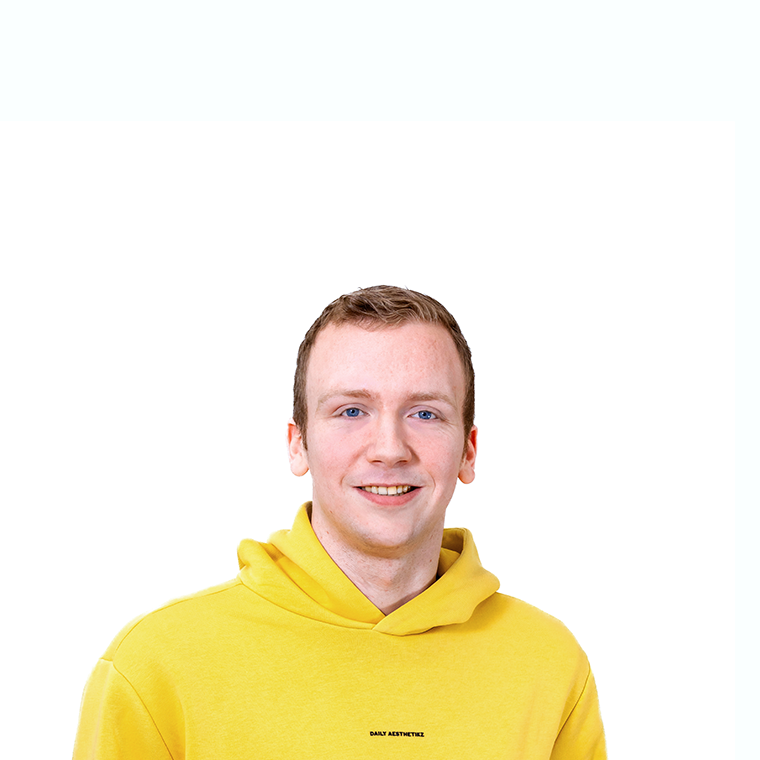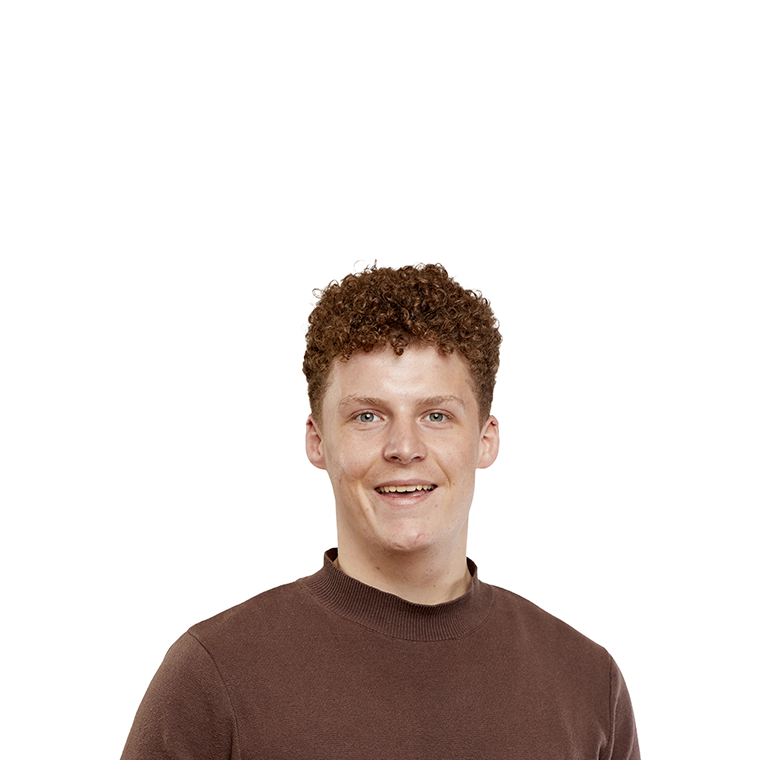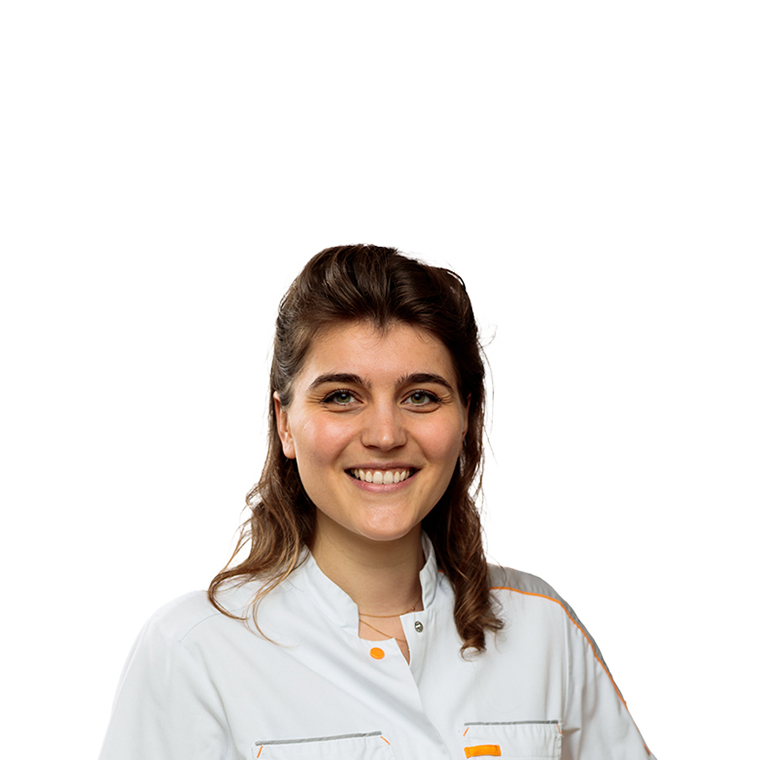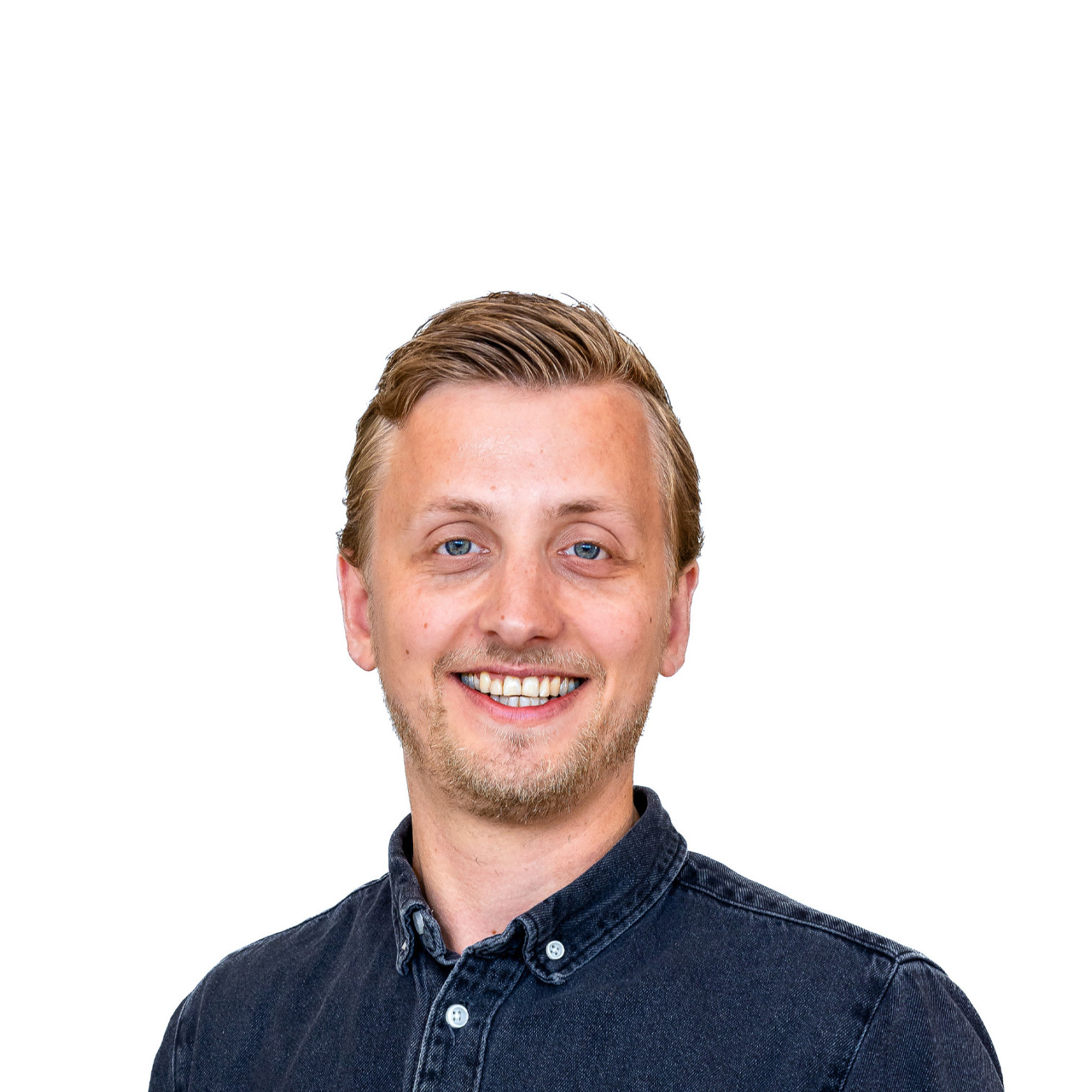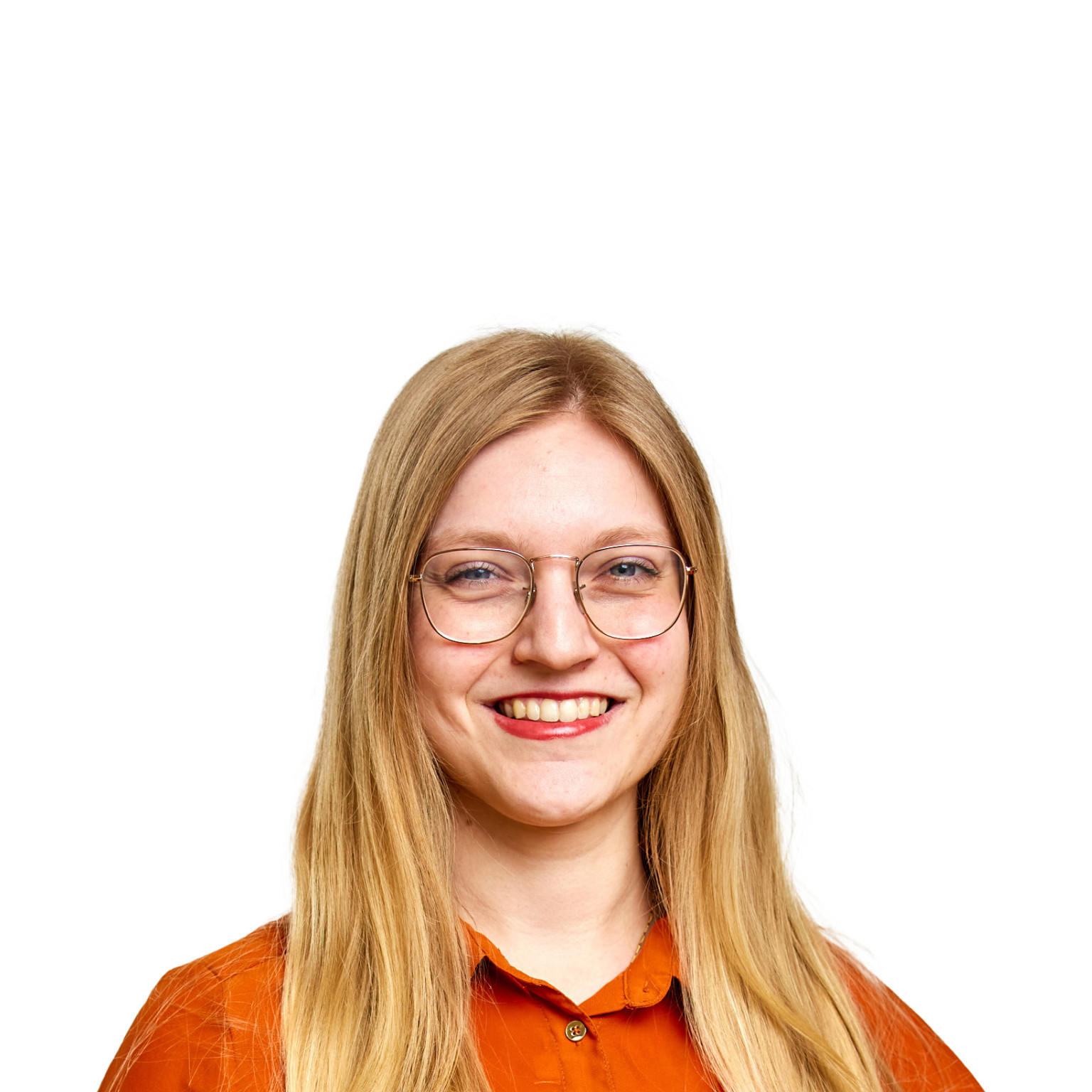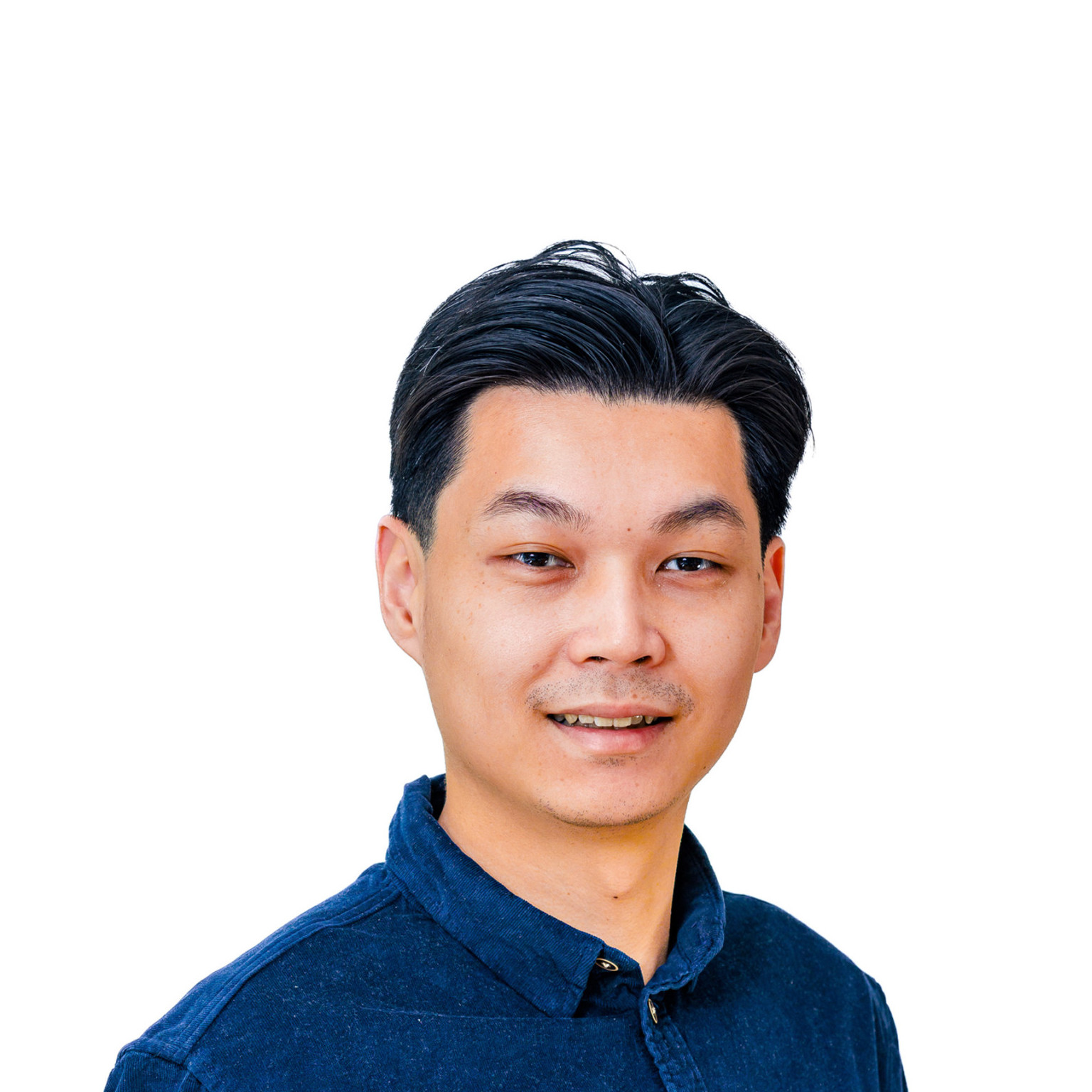Group leader: Prof. dr. Alwin Huitema
Precision dosing
The focus of the Huitema group is precision dosing of anticancer drugs and drugs used in supportive care in pediatric oncology. This is an essential part of precision medicine and aims at delivering the right dose to each patient. To achieve this aim, pharmacological studies are initiated and/or embedded in (early) clinical trials and translation research. The research group is strongly associated with the Pharmacy at the Princess Máxima Center.
Pharmacology in early clinical trials
In collaboration with the Zwaan group, pharmacological research is integrated in early clinical trials in children. Dose finding of novel anticancer agents in children is complex and requires multidisciplinary input including pharmacokinetic and pharmacodynamic data including translation of adult knowledge to children. Input from clinical pharmacists from the Princess Máxima Center ensures coherence with clinical practice. Many of these studies are conducted in multicenter networks such as ITCC.
Optimal dosing of anticancer drugs in infants
In the PINOCCHIO study, pharmacokinetic data is obtained from several anticancer drugs in children with a special focus on infants. These data will be used to develop evidence-based dosing guidelines of these agents in infants. This study is conducted in collaboration with the Zwaan group. Comprehensive clinical care is instituted by interaction of the clinical pharmacists with the reseach group, translating pharmacological issues in clinical care to research questions and vice versa. To support, the PATIO study has also been opened recently, a pharmacokinetics study on the anticancer treatment for acute lymphoblastic leukemia in infants.
Pharmacogenetics and pharmacogenomics
Another important explanation for the variety in drug response is the genetic variation in children. Pharmacogenetics and pharmacogenomics (PGx) is the study on how genetic variants could predict a person’s response to a drug. Pharmacogenetic testing can be a useful tool to select the most appropriate treatment for an individual patient, tailored to his or her genetic predisposition. Using existing whole genome sequencing (WGS) data, drug-gene interactions are analyzed prospectively. Eventually, this results in practical evidence-based guidelines for pediatricians to perform pre-emptive genotyping for chemotherapy and supportive care drugs in pediatric oncology.
Drug assays for pediatric oncology
Measuring blood concentrations is essential to describe the kinetics of a drug. Drug assays to measure drug concentrations offer important research results and serve as a basis for drug development in children. Moreover, it helps in converting adult drug applications into pediatrics. And, once a drug is used in children, it may be important to check whether the child has the required amount of the drug in the blood, or whether it needs modification to optimize therapy.
Other pharmacology topics
Pharmacological studies are a part of many ongoing research programs. Examples of ongoing studies are:
- Pharmacology within the hematopoietic stem cell transplantation and CAR-T program
- Development of novel pediatric dosage forms of anticancer agents
- PK/PD of agents used in supportive care
Collaborations
The Huitema Group has a strong collaboration with the University Medical Center Utrecht (UMCU). Several PhD students perform their projects in a joint effort of both pharmacies. Members of the Huitema group join the regular research meetings of the UMCU pharmacy.
We also collaborate with the Department of Pharmacy & Pharmacology of the Netherlands Cancer Institute (NKI) with regard to clinical pharmacology of anticancer agents. The Princess Máxima Center and the NKI are the only centers in the Netherlands that are fully specialized in cancer care and research and offer highly specialized care with a fine line between research and care. The facilities, knowledge and experience of the two institutions are complementary to each other and highly specialized. This gives a great opportunity for synergy.
In addition, the first studies at the in-house Drug Analysis Lab have started. In collaboration with the Heidenreich group, it is being examined whether it is possible to determine the amount of siRNA, and a KiKa project with Shunya Ohmura and Thomas Grunewald from the German KiTZ/DKFZ in Heidelberg has started, where it is investigated whether the existing drug disulfiram for adults can be repurposed for children with Ewing's sarcoma by attaching a copper atom to it. For this purpose, analysts are investigating whether the amount of disulfiram and copper in the tumor and healthy tissue can be measured with LC-MSMS.
Concerning pharmacogenetics we collaborate with the bio-informaticians of the Kemmeren group. We work together intensively to utilize the available genetic pipeline for relevant variations in the context of pharmacology.
- PATIO study: Pharmacokinetic study on Anticancer Treatment in Infant acute lymphoblastic leukemia to support Optimal dosing; ZonMW grant (Good Use of Medicines Programme on more effective, more efficient, and safer use of medicines in day-to-day health care). Main applicant: prof ADR Huitema, Project leader: dr MHM Diekstra. In collaboration with Zwaan Group
RESCUE study: Repurposing of disulfiram and copper for the treatment of Ewing sarcoma; KiKa grant. Main applicant: dr MHM Diekstra, Project leader: dr MHM Diekstra & dr Shunya Ohmura, postdoctoral researcher, Hopp Children's Cancer Center Heidelberg (KiTZ) and German Cancer Research Center (DKFZ). In collaboration with Hopp Children's Cancer Center Heidelberg (KiTZ) and German Cancer Research Center (DKFZ). News article
In collaboration with Erasmus MC en Radboud MC (project leaders), prof. dr. Marry van den Heuvel-Eibrink and dr. Meta Diekstra received a KiKa grant to look at the genetic predisposition to hearing loss caused by treatment with platinum cisplatin. News article
- E.C. Bernsen, dr. F.K. Engels, drs. A.M.L. Peek, dr. G. van den Berg, dr. M.H.M. Diekstra. Severe acute kidney injury after high-dose methotrexate in a patient with polymorphisms in ABCB1 and ABCBG2. Ned Tijdschr Oncol 2023;20:25–32.
- E.C. Bernsen, V.J. Hogenes, B. Nuijen, L.M. Hanff, A.D.R. Huitema, M.H.M. Diekstra. Practical recommendations for the manipulation of kinase inhibitor formulations to suitable pediatric dosage forms. Pharmaceutics. 2022 Dec 17;14(12):283414, 2834. PubMed PMID: 36559327
- E.C. Bernsen, L.M. Hanff, L.M. Haveman, B.B.J. Tops, M. van der Lee, J.J. Swen, A.D.R. Huitema, M.H.M. Diekstra. Genetic variants found in paediatric oncology patients with severe chemotherapy-induced toxicity: a case series. J Oncol Pharm Pract. 2022 Dec
4;10781552221137302. PubMed PMID: 36464835 - Emma C Bernsen, Melanie M Hagleitner, Theodorus W Kouwenberg, Lidwien M Hanff. Pharmacogenomics as a Tool to Limit Acute and Long-Term Adverse Effects of Chemotherapeutics: An Update in Pediatric Oncology. Front Pharmacol. 2020 Aug 5;11:1184. PubMed PMID: 32848787
- Julie M Janssen, Thomas P C Dorlo, Neeltje Steeghs, Jos H Beijnen, Lidwien M Hanff, Natasha K A van Eijkelenburg, Jasper van der Lugt, C Michel Zwaan, Alwin D R Huitema. Pharmacokinetic Targets for Therapeutic Drug Monitoring of Small Molecule Kinase Inhibitors in Pediatric Oncology. Clin Pharmacol Ther. 2020 Sep;108(3):494-505. Pubmed PMID: 32022898
- Langenhorst JB, Dorlo TPC, van Kesteren C, van Maarseveen EM, Nierkens S, de Witte MA, Jan Boelens J, Huitema ADR. Clinical trial simulation to optimize trial design for fludarabine dosing strategies in allogeneic hematopoietic cell transplantation. CPT Pharmacometrics Syst Pharmacol. 2020;9(5):272-281
- Amrani ME, Admiraal R, Willaert L, Ebskamp-van Raaij LJC, Lacna AM, Hack CE, Huitema ADR, Nierkens S, van Maarseveen EM. Quantification of T Cell Binding Polyclonal Rabbit Anti-thymocyte Globulin in Human Plasma with Liquid Chromatography Tandem-Mass Spectrometry. Aaps j. 2020;22(2):43.
- Langenhorst JB, Boss J, van Kesteren C, Lalmohamed A, Kuball J, Egberts ACG, Boelens JJ, Huitema ADR, van Maarseveen EM. A semi-mechanistic model based on glutathione depletion to describe intra-individual reduction in busulfan clearance. Br J Clin Pharmacol. 2020;86(8):1499-1509.
- Janssen JM, Dorlo TPC, Niewerth D, Wilhelm AJ, Zwaan CM, Beijnen JH, Attarbaschi A, Baruchel A, Fagioli F, Klingebiel T, De Moerloose B, Palumbo G, von Stackelberg A, Kaspers GJL, Huitema ADR. A Semi-Mechanistic Population Pharmacokinetic/Pharmacodynamic Model of Bortezomib in Pediatric Patients with Relapsed/Refractory Acute Lymphoblastic Leukemia. Clin Pharmacokinet. 2020;59(2):207-216.
- Szanto CL, Langenhorst J, de Koning C, Nierkens S, Bierings M, Huitema ADR, Lindemans CA, Boelens JJ. Predictors for Autoimmune Cytopenias after Allogeneic Hematopoietic Cell Transplantation in Children. Biol Blood Marrow Transplant. 2020;26(1):114-122.
- Nijstad AL, van Eijkelenburg NKA, Kraal KCJM, Meijs MJM, de Kanter CTMM, Lilien MR, Huitema ADR. Cisplatin and carboplatin pharmacokinetics in a pediatric patient with hepatoblastoma receiving peritoneal dialysis. Cancer Chemother Pharmacol. 2020;86(3):445-449.
- McCune JS, McKiernan JS, van Maarseveen E, Huitema ADR, Randolph TW, Deeg HJ, Nakamura R, Baker KS. Prediction of Acute Graft versus Host Disease and Relapse by Endogenous Metabolomic Compounds in Patients Receiving Personalized Busulfan-Based Conditioning. J Proteome Res. 2021;20(1):684-694.
- de Koning C, Prockop S, Roessel IV, Kernan NA, Klein E, Langenhorst J, Szanto CL, Belderbos ME, Bierings M, Boulad F, Bresters D, Cancio MI, Curran KJ, Kollen WJ, O'Reilly RJ, Scaradavou A, Spitzer B, Versluys B, Huitema ADR, Lindemans CA, Nierkens S, Boelens JJ. CD4+ T-cell reconstitution predicts Survival Outcomes after acute Graft-versus-Host-Disease; a dual center validation. Blood. 2021;137(6):848-855.
- Nijstad AL, Nierkens S, Lindemans CA, Boelens JJ, Bierings M, Versluys AB, van der Elst KCM, Huitema ADR. Population pharmacokinetics of clofarabine for allogeneic hematopoietic cell transplantation in pediatric patients. Br J Clin Pharmacol. 2021;87(8):3218-3226.
- McCune JS, Punt AM, Yeh RF, Dupuis RPLL, Kweekel DM, Franssen EJF, Ritchie JC, van Maarseveen E, Huitema ADR. Quality Control of Busulfan Plasma Quantitation, Modeling and Dosing: An Interlaboratory Proficiency Testing Program. Ther Drug Monit. 2021;43(5):657-663.
- Nijstad AL, Tibben MM, Gebretensae A, Rosing H, de Vos-Kerkhof E, Zwaan CM, Huitema ADR, Beijnen JH. Development and validation of a combined liquid chromatography tandem-mass spectrometry assay for the quantification of aprepitant and dexamethasone in human plasma to support pharmacokinetic studies in pediatric patients. J Chromatogr B Analyt Technol Biomed Life Sci. 2021;1171:122639.
- Szanto CL, Cornel AM, Tamminga SM, Delemarre EM, de Koning CCH, van den Beemt D, Dunnebach E, Tas ML, Dierselhuis MP, Tytgat L, van Noesel MM, Kraal K, Boelens JJ, Huitema ADR, Nierkens S. Immune Monitoring during Therapy Reveals Activitory and Regulatory Immune Responses in High-Risk Neuroblastoma. Cancers (Basel). 2021;13(9).
- Diepstraten FA, Hoetink AE, van Grotel M, Huitema ADR, Stokroos RJ, van den Heuvel-Eibrink MM, Meijer AJM. Aminoglycoside- and glycopeptide-induced ototoxicity in children: a systematic review. JAC Antimicrob Resist. 2021;3(4):dlab184.
- Nijstad AL, Barnett S, Lalmohamed A, Berenos IM, Parke E, Carruthers V, Tweddle DA, Kong J, Zwaan CM, Huitema ADR, Veal GJ. Clinical pharmacology of cytotoxic drugs in neonates and infants: Providing evidence-based dosing guidance. Eur J Cancer. 2022;164:137-154.
- Dekker L, Calkoen FG, Jiang Y, Blok H, Veldkamp SR, De Koning CCH, Spoon M, Admiraal R, Hoogerbrugge P, Vormoor BJ, Vormoor JJ, Visscher H, Bierings M, Van Der Vlugt M, Van Tinteren H, Nijstad AL, Huitema ADR, Van Der Elst KCM, Pieters R, Lindemans CA, Nierkens S. Fludarabine Exposure Predicts Outcome after CD19 CAR T-Cell Therapy in Children and Young Adults with Acute Leukemia. Blood Adv. 2022;6(7):1969-1976.
- Uittenboogaard A, Neutel CLG, Ket JCF, Njuguna F, Huitema ADR, Kaspers GJL, van de Velde ME. Pharmacogenomics of Vincristine-Induced Peripheral Neuropathy in Children with Cancer: A Systematic Review and Meta-Analysis. Cancers (Basel). 2022;14(3).
- Simeoli R, Dorlo TPC, Hanff LM, Huitema ADR, Dreesen E. Editorial: Therapeutic Drug Monitoring (TDM): A Useful Tool for Pediatric Pharmacology Applied to Routine Clinical Practice. Front Pharmacol. 2022;13:931843.
- Nijstad AL, Chu WY, de Vos-Kerkhof E, Enters-Weijnen CF, van de Velde ME, Kaspers GJL, Barnett S, Veal GJ, Lalmohamed A, Zwaan CM, Huitema ADR. A Population Pharmacokinetic Modelling Approach to Unravel the Complex Pharmacokinetics of Vincristine in Children. Pharm Res. 2022;39(10):2487-2495.
- Nijstad AL, de Vos-Kerkhof E, Enters-Weijnen CF, van de Wetering MD, Tissing WJE, Tibben MM, Rosing H, Lalmohamed A, Huitema ADR, Zwaan CM. Overestimation of the effect of (fos)aprepitant on intravenous dexamethasone pharmacokinetics requires adaptation of the guidelines for children with chemotherapy-induced nausea and vomiting. Support Care Cancer. 2022:30(12):9991-9999.
- Nijstad AL, de Vos-Kerkhof E, Enters-Weijnen CF, van de Wetering MD, Tissing WJE, Hanff LM, Lange R, Tibben MM, Rosing H, Lalmohamed A, Zwaan CM, Huitema ADR. A simple extemporaneous oral suspension of aprepitant yields sufficient pharmacokinetic exposure in children. J Oncol Pharm Pract. 2023;29(4):899-904.
- McCune JS, Navarro SL, Baker KS, Risler LJ, Phillips BR, Randolph TW, Shireman L, Schoch G, Deeg HJ, Zhang Y, Men A, Maton L, Huitema ADR. Prediction of Busulfan Clearance by Predose Plasma Metabolomic Profiling. Clin Pharmacol Ther. 2023;113(2):370-379.
- Knorr F, Schellekens KPJ, Schoot RA, Landman-Parker J, Teltschik HM, Forster J, Riquelme A, Huitema ADR, Van Eijkelenburg NKA, Beishuizen A, Zwaan CM, Woessmann W, Van der Lugt J. Combination therapy with crizotinib and vinblastine for relapsed or refractory pediatric ALK-positive anaplastic large cell lymphoma. Haematologica. 2023;108(5):1442-1446.
- Nijstad AL, Lalmohamed A, Zwaan CM, Huitema ADR. Klinische farmacologie van cytotoxische geneesmiddelen bij pasgeborenen en zuigelingen. Nederlands Tijdschrift voor Oncologie. 2023;20:17-24.
- t Hart E, Bianco J, Bruin MAC, Derieppe M, Besse HC, Berkhout K, Chin Joe Kie LA, Su Y, Hoving EW, Huitema ADR, Ries MG, van Vuurden DG. Radiosensitisation by olaparib through focused ultrasound delivery in a diffuse midline glioma model. J Control Release. 2023;357:287-98.
- Rubio-San-Simon A, van Eijkelenburg NKA, Hoogendijk R, Hasle H, Niemeyer CM, Dworzak MN, Zecca M, Lopez-Yurda M, Janssen JM, Huitema ADR, van den Heuvel-Eibrink MM, Laille EJ, van Tinteren H, Zwaan CM. Azacitidine (Vidaza((R))) in Pediatric Patients with Relapsed Advanced MDS and JMML: Results of a Phase I/II Study by the ITCC Consortium and the EWOG-MDS Group (Study ITCC-015). Paediatr Drugs. 2023;25(6):719-728.
- Baarslag MA, Heimovaara JH, Borgers JSW, van Aerde KJ, Koenen H, Smeets RL, Buitelaar PLM, Pluim D, Vos S, Henriet SSV, de Groot JWB, van Grotel M, Rosing H, Beijnen JH, Huitema ADR, Haanen JBAG, Amant F, Gierenz N. Severe Immune-Related Enteritis after In Utero Exposure to Pembrolizumab. N Engl J Med. 2023;389(19):1790-6.
- Brivio E, Pennesi E, Willemse ME, Huitema ADR, Jiang Y, van Tinteren HDR, van der Velden VHJ, Beverloo BH, den Boer ML, Rammeloo LAJ, Hudson C, Heerema N, Kowalski K, Zhao H, Kuttschreuter L, Bautista Sirvent FJ, Bukowinski A, Rizzari C, Pollard J, Murillo-Sanjuan L, Kutny M, Zarnegar-Lumley S, Redell M, Cooper S, Bertrand Y, Petit A, Krystal J, Metzler M, Lancaster D, Bourquin JP, Motwani J, van der Sluis IM, Locatelli F, Roth ME, Hijiya N, Zwaan CM. Bosutinib in Resistant and Intolerant Pediatric Patients With Chronic Phase Chronic Myeloid Leukemia: Results From the Phase I Part of Study ITCC054/COG AAML1921. J Clin Oncol. 2023;42(7):821-831.
- Admiraal R, Versluijs AB, Huitema ADR, Ebskamp L, Lacna A, de Kanter CTK, Bierings MB, Boelens JJ, Lindemans CA, Nierkens S. High-dose individualized antithymocyte globulin with therapeutic drug monitoring in high-risk cord blood transplant. Cytotherapy. 2024;26(6):599-605.
- Brigitha LJ, Mondelaers V, Liu Y, Albertsen BK, Zalewska-Szewczyk B, Rizzari C, Kotecha RS, Pieters R, Huitema ADR, van der Sluis IM. Pharmacokinetics of PEGasparaginase in Infants with Acute Lymphoblastic Leukemia. Pharm Res. 2024;41(4):711-720.
- Meijer AJM, Diepstraten FA, Ansari M, Bouffet E, Bleyer A, Fresneau B, Geller JI, Huitema ADR, Kogner P, Maibach R, O'Neill AF, Papadakis V, Rajput KM, Veal GJ, Sullivan M, van den Heuvel-Eibrink MM, Brock PR. Use of Sodium Thiosulfate as an Otoprotectant in Patients With Cancer Treated With Platinum Compounds: A Review of the Literature. J Clin Oncol. 2024:42(18):2219-2232.
- Vervoort BMT, Butler M, Grunewald KJT, Schenau D, Tee TM, Lucas L, Huitema ADR, Boer JM, Bornhauser BC, Bourquin JP, Hoogerbrugge PM, Van der Velden VHJ, Kuiper RP, Van der Meer LT, Van Leeuwen FN. IKZF1 gene deletions drive resistance to cytarabine in B-cell precursor acute lymphoblastic leukemia. Haematologica. 2024;109(12):3904-3917.
- Uittenboogaard A, van de Velde M, van de Heijden L, Mukuhi L, de Vries N, Langat S, Olbara G, Huitema ADR, Vik T, Kaspers G, Njuguna F. Vincristine exposure in Kenyan children with cancer: CHAPATI feasibility study. Pediatr Blood Cancer. 2024:e31160.
- Mohlmann JE, Ezzafzafi S, Lindemans CA, Jansen MHA, Nierkens S, Huitema ADR, van Luin M. Pharmacokinetics and Pharmacodynamics of Systemic Corticosteroids in Autoimmune and Inflammatory Diseases: A Review of Current Evidence. Clin Pharmacokinet. 2024;63(9):1251-1270.
- Mohlmann J, van der Ploeg L, Langenhorst J, Bognar T, van der Elst K, Bierings M, Huitema ADR, de Vries Schultink A, Lindemans C. Evaluation of standard fludarabine dosing and corresponding exposures in infants and young children undergoing hematopoietic cell transplantation. Bone Marrow Transplant. 2024.
- Mohlmann JE, van Luin M, Lentjes EGWM, Huitema ADR, Punt AM. Bioanalysis of protein-unbound prednisolone in serum using equilibrium dialysis followed by liquid chromatography-tandem mass spectrometry. J Chromatogr B Analyt Technol Biomed Life Sci. 2024;1252:124440.
- Streefkerk N, Masroor A, Geller JI, van Grotel M, Ansari M, Bouffet E, Bleyer A, Fresneau B, Sullivan M, Huitema ADR, Hoetink AE, Kogner P, Maibach R, O'Neill AF, Papadakis V, Rajput KM, Veal GJ, Brock PR, Meijer AJM, van den Heuvel-Eibrink MM. Local application of sodium thiosulfate as an otoprotectant for cisplatin-exposed patients – A narrative literature review to explore the potential benefit for children with cancer. Eur J Cancer Paed Oncol. 2025;5:100211.
- Dekker L, de Koning CCH, Nijstad AL, van der Elst K, Admiraal R, Versluijs AB, Boelens JJ, Huitema ADR, Lindemans C, Nierkens S. Effect of clofarabine and fludarabine exposure on outcome after pediatric allogeneic hematopoietic cell transplantation. Blood Neoplasia. 2024;1(3):100030.
- Beek J.N. van der , Uittenboogaard A. , de Krijger R.R., Duijkers F.A.M., Meijs M.J.M, Baard J., Vermeulen M.A., Liebrechts-Akkerman G., Janssens G.O., van der Voorn van der J.M., Heuvel-Eibrink van den M.M., Littooij A.S. and Mavinkurve-Groothuis A.M.C. A pediatric and young adult case of unclassified renal cell carcinoma with medullary phenotype (RCCU-MP): Clinical course and treatment Prinses Maxima Centrum, UMCU, Emma Kinderziekenhuis, UMCUA, Gelre Journal of Onco-Nephrology apr-24
- Schellekens K.P.J., Hageman S.B., Haverkate E.C., Wetering M.D. van de, Engels F.K., Brinksma A., Vos-Kerkhof E. de Evaluation of chemotherapy-induced nausea and vomiting in pediatric patients with high-grade glioma treated with lomustine-a case series Prinses Maxima Centrum, Erasmus Sophia Kinderziekenhuis, Support Care Cancer apr-24
- Bury D., Wolfs T.F.W., Muilwijk E.W., Fiocco M., Pieters R., Brüggemann R.J., Tissing W.J.E. Micafungin twice-a-week for prophylaxis of invasive Aspergillus infections in children with acute lymphoblastic leukaemia: A controlled cohort study. Prinses Maxima Centrum, LUMC, UMCU/WKZ, UMC Groningen, RaboudUMC Int J Antimicrob Agent jan-24


